From clinching a sweeping 9-0 victory at the RoboCup German Open in March to gearing up for the RoboCup 2025 in Salvador, Brazil, in July, a Chinese humanoid robot soccer team has been capturing global attention.
At the heart of this excitement is the T1 robot, developed by Beijing-based humanoid robotics startup Booster Robotics, which is breaking new ground in performance and design.
Standing 1.2 meters tall and weighing 30 kilograms, the T1 robot's kicking and goal-keeping movements have been significantly upgraded. It is now capable of delivering powerful shots, executing free kicks and performing fluid, human-like motions.
Cheng Hao, founder and CEO of Booster Robotics, said the T1 model was specifically designed for developers with an emphasis on being lightweight, agile and exceptionally durable.
"For example, the robot can withstand hundreds of falls and still function without issue. To exaggerate a little, it can survive a rock-breaking stunt on its chest and stand up within a second," Cheng said.
The technical resilience and adaptability have helped the high-tech startup expand its market presence well beyond China. The company has already delivered hundreds of humanoid robots to customers worldwide, including in the United States, Germany, Switzerland, the United Arab Emirates and Japan.
Behind this impressive performance lies a broader story of patient capital and strategic financial support for the country's rapidly maturing robotics industry.
Earlier this month, Booster Robotics completed its series A funding round.
Cheng said the funds will be mainly used to accelerate product iteration, improve manufacturing processes and scale up production to meet growing market demand.
"The Beijing municipal government has also provided great support in terms of equity investment and major project funding, which has helped the company achieve technical and production breakthroughs in a short time," Cheng added.
This financial support ecosystem is no accident.
According to Liang Hongjun, a senior official at the Beijing municipal bureau of economy and information technology, the capital has built a world-class financing system for emerging industries like robotics.
"The city government has set up a multibillion yuan robot industry development fund, with heavyweight investment firms such as Sequoia Capital, Hillhouse Capital and IDG Capital establishing a dense presence in the sector. This structure combines public funding with private capital, forming a complete investment chain that supports startups from initial research and development through pilot production to real-world application," Liang said.
Such systematic financial backing comes at a time when China is intensifying its focus on achieving high-quality economic growth and technological self-reliance through upgraded and innovative measures.
Last month, seven of the country's top entities — including the Ministry of Science and Technology and the People's Bank of China, the country's central bank — released a joint policy package aimed at building a comprehensive financial services system for the full life cycle of technology enterprises.
In the field of venture capital investment, the document stated the need to strengthen the role of VC as a driving force for technological innovation. It calls for the establishment of national startup investment funds, encourages the development of secondary private equity market funds (S funds), and supports bond financing for both venture and industrial investments.
According to Shaw Wang, founder of Unity Ventures, technology innovation usually requires long-term, patient capital to endure its lengthy development cycles.
"Patience is the most critical quality for early-stage investment. Technological development is always a long journey — we must give entrepreneurs sufficient time and patience," Wang said.
Wang added that Unity Ventures is often the first investor in its portfolio companies, accompanying them from their earliest days and helping shape their strategies, fundraising plans, recruitment and branding efforts, with some investments even spanning seven to 10 years.
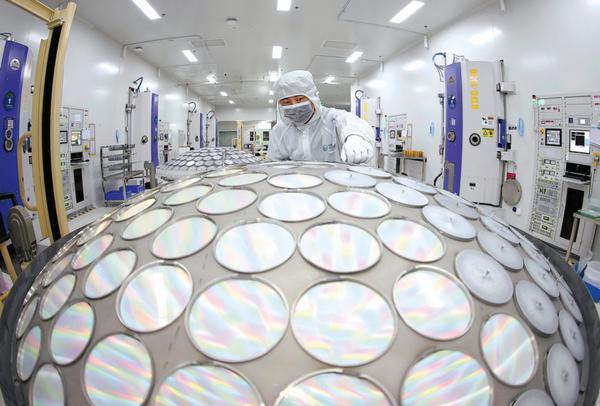
An employee works on the LED chips production line for export orders in a technology company in Suqian, Jiangsu province, on Sept 3. WANG LI/FOR CHINA DAILY
The philosophy underpins the investor's portfolio, which includes Beijing-based Haawking, a chip tech startup that just completed a new pre-B+ financing round, bringing its total funding to several hundred million yuan.
As one of China's rare players in the field of digital signal processor chips, Haawking is the first in the world to design, develop, and mass-produce DSP chips using the open RISC-V instruction set architecture, a crucial step toward domestic technological independence.
"The innovative tech rose from a global DSP market which has long been dominated by US companies, with Chinese firms struggling to establish a meaningful presence," said Li Renwei, founder and chairman of the company.
Li explained that the development of DSP chips has largely been a closed process, with existing instruction set architectures not open for external licensing. This means that domestic companies lack viable technical pathways for advancement. Over time, such a situation will hinder technological upgrades and product iteration, restricting the integration and compatibility of domestic operating systems, software and the broader application ecosystem.
"Against this backdrop, we innovatively use RISC-V instruction to resolve two critical issues, intellectual property rights and ecosystem compatibility, opening a secure, autonomous pathway for Chinese processor design," Li said.
According to the company, its self-developed Haawking-HX2000 DSP chip series, the world's first based on RISC-V architecture, has already developed more than 10 chip models. Several versions have entered mass production and are shipping at an annual volume approaching 10 million units.
Li emphasized the company's heavy focus on innovation, noting that over 60 percent of its employees are research and development specialists and that total R&D investment has exceeded several hundred million yuan to date, which makes sufficient financial support a big role.
"Technological breakthroughs become even more valuable during periods of rapid market change," said Wang of Unity Ventures. "The more uncertain the environment is, the more we should invest in companies with breakthrough potential, as technology remains the underlying force driving social progress."
In this sense, Chinese policymakers are also moving to streamline capital market access for such hard-tech firms. One key highlight is the recent establishment of a growth tier to the STAR Market at the Shanghai Stock Exchange as part of efforts to deepen reform in the technology-focused board.
Initiated by the China Securities Regulatory Commission recently, the move was coupled with the restart of a fifth set of listing rules for companies to float at the STAR Market, which allows the listing of rapidly growing but still unprofitable companies.
"Previously, the listing thresholds of the STAR Market made it difficult for many technology firms — those with major breakthroughs but not yet profitable or still in the R&D stage — to access the capital market," said Xu Chi, chief strategist at Zhongtai Securities.
Xu said the new policy offers more targeted support for high-quality tech companies with significant technological advances, broad market potential and sustained R&D investment, opening up financing channels to help these firms grow rapidly.
SSE data show that 54 unprofitable companies have been listed on the STAR Market since its launch six years ago. As of the end of 2024, these companies had achieved total revenue of 174.5 billion yuan ($23.93 billion), with 26 reporting annual sales exceeding 1 billion yuan.








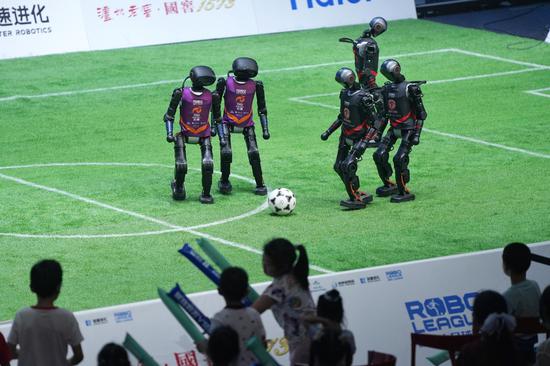
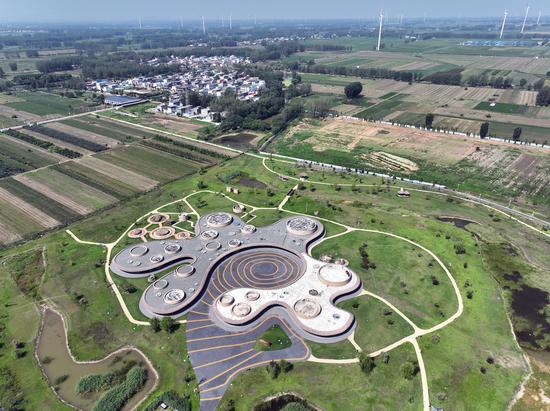



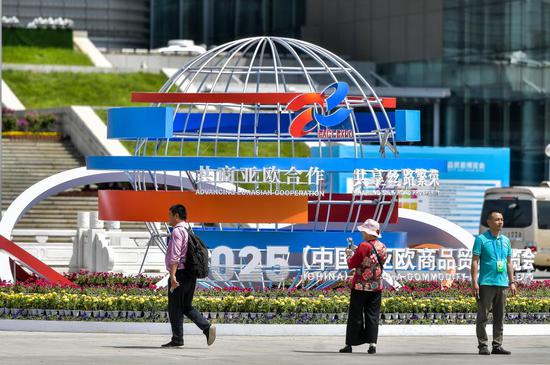




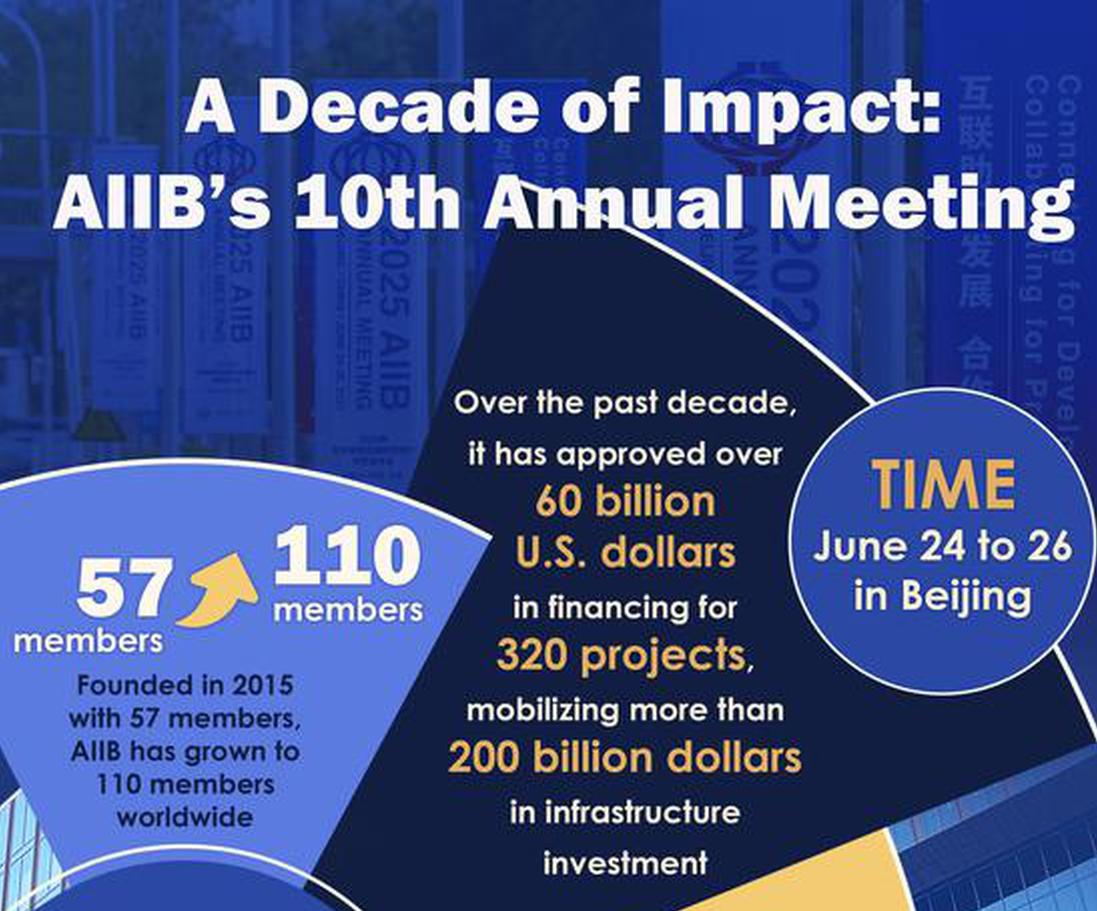


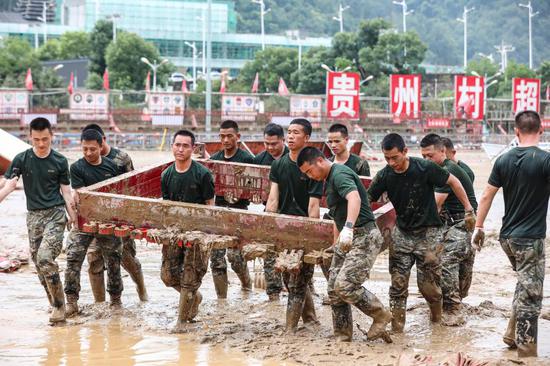


















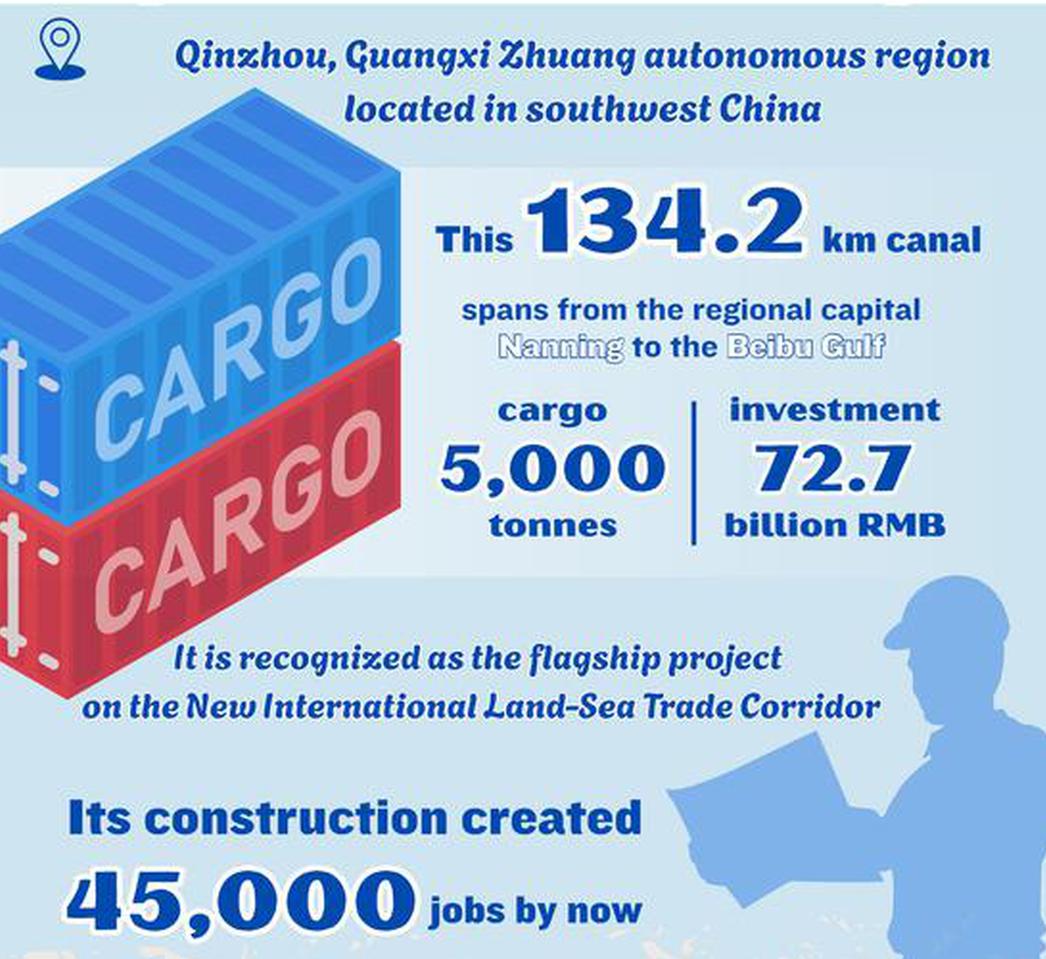



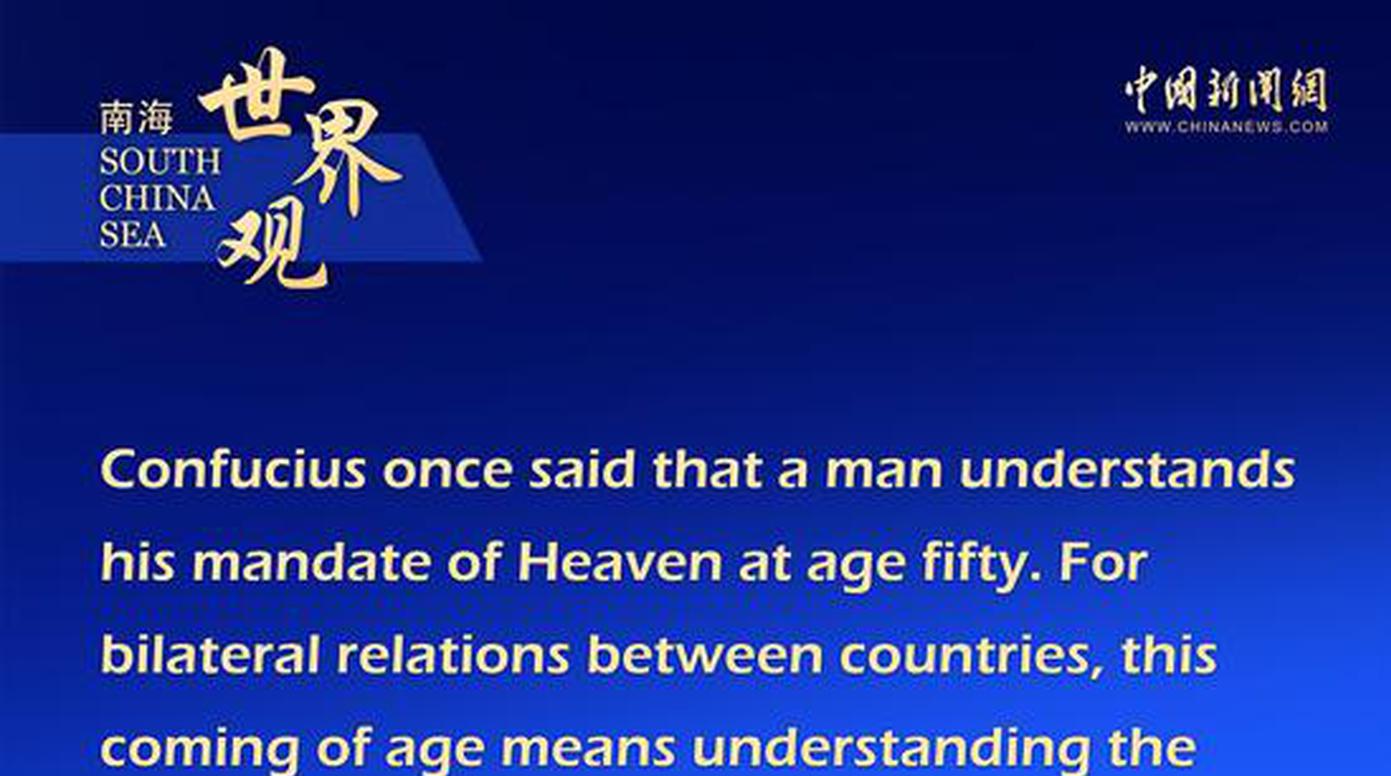



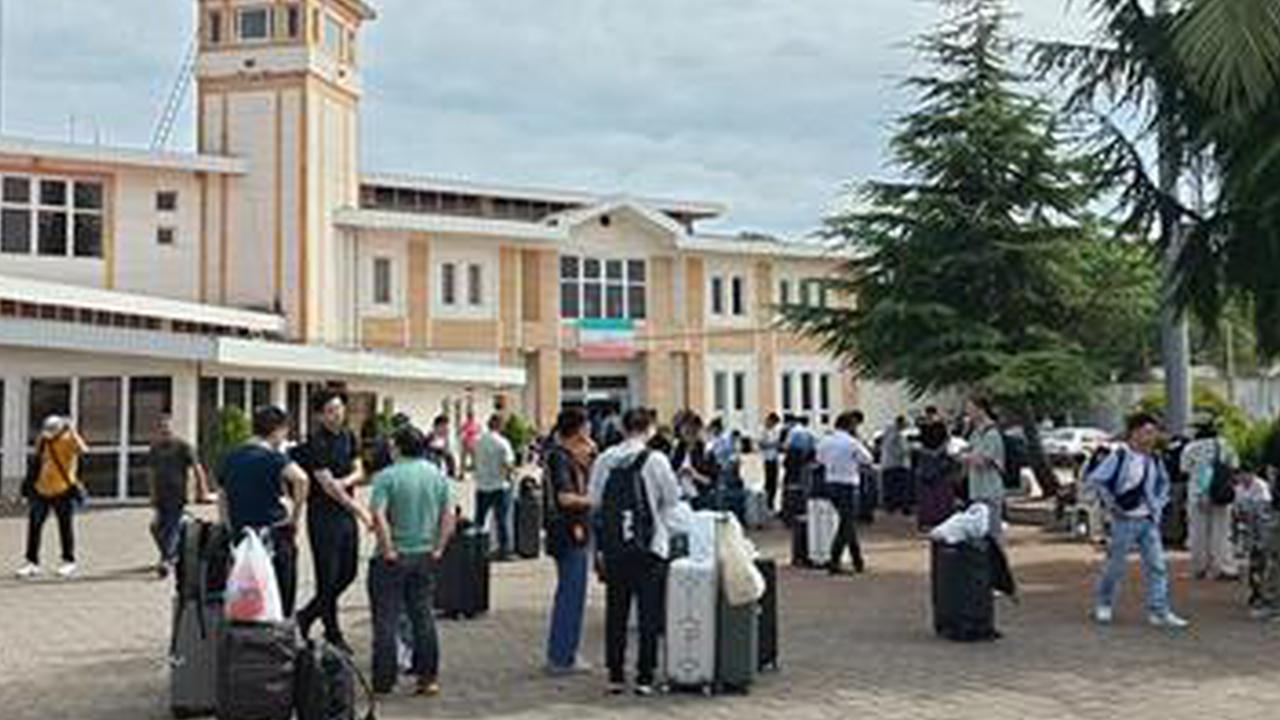

 京公網安備 11010202009201號
京公網安備 11010202009201號